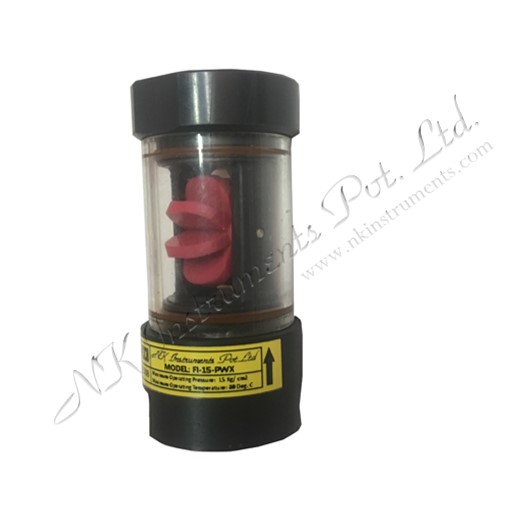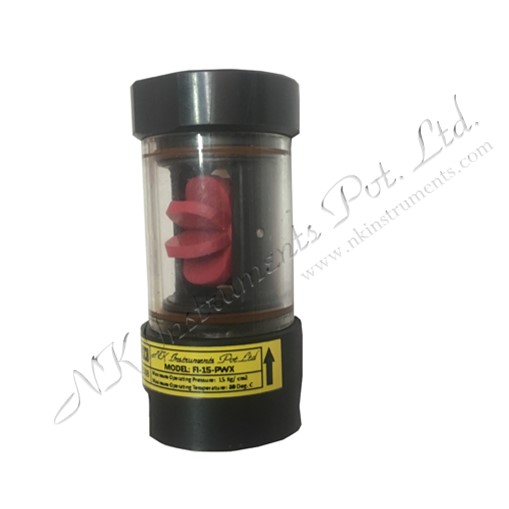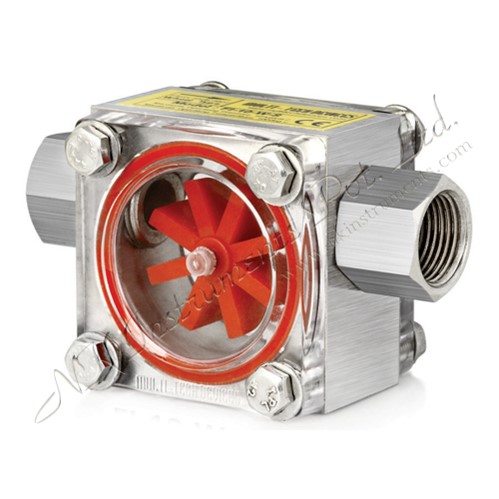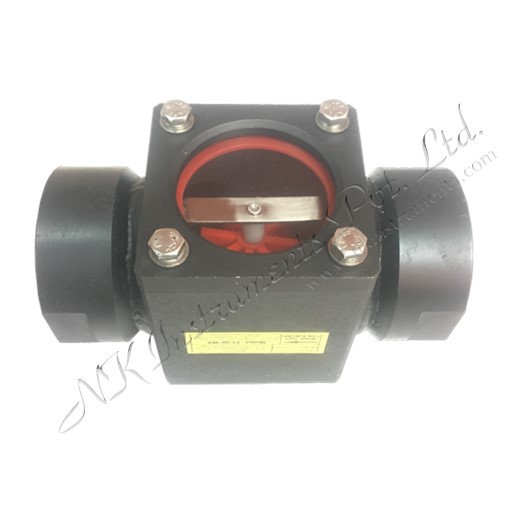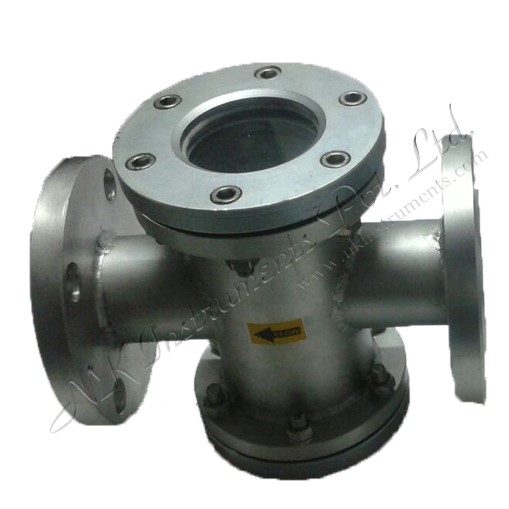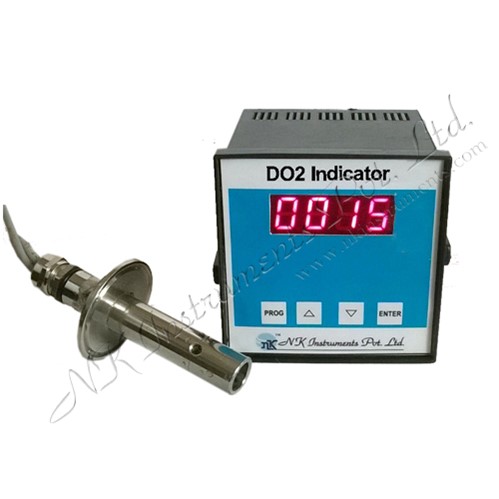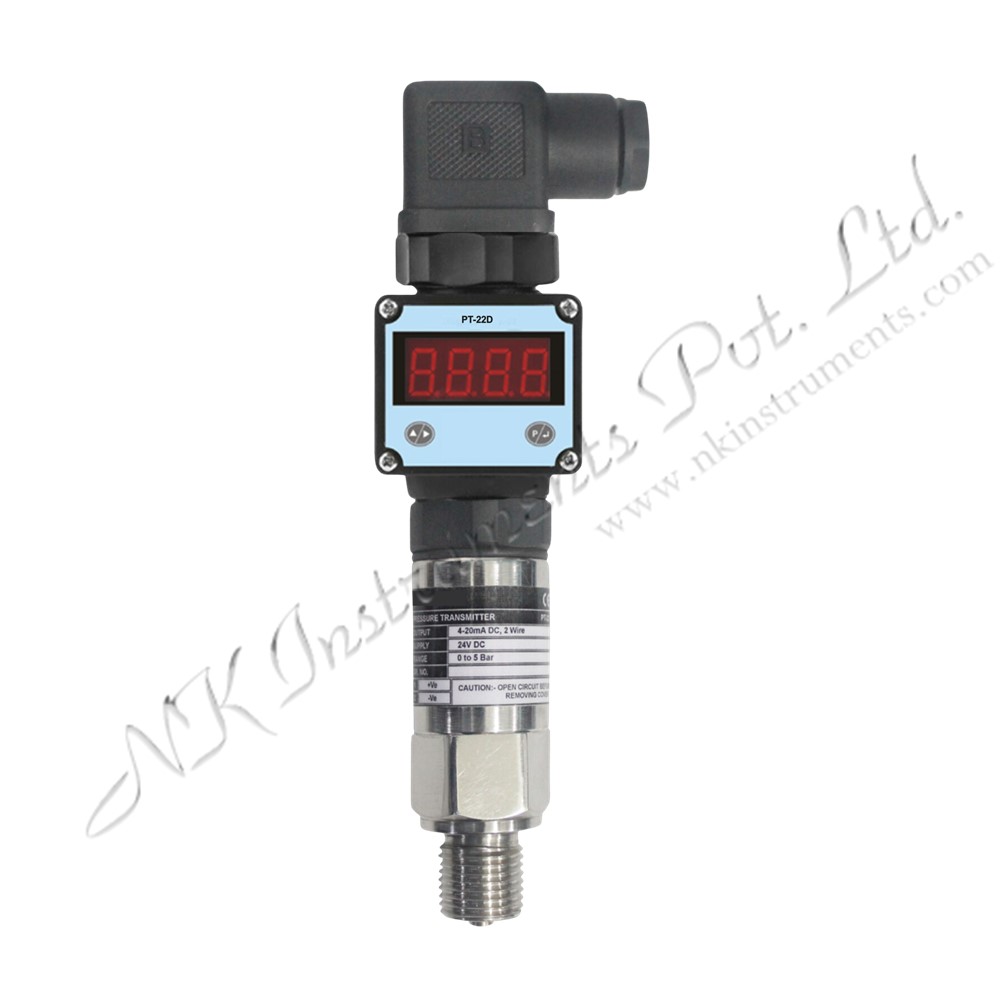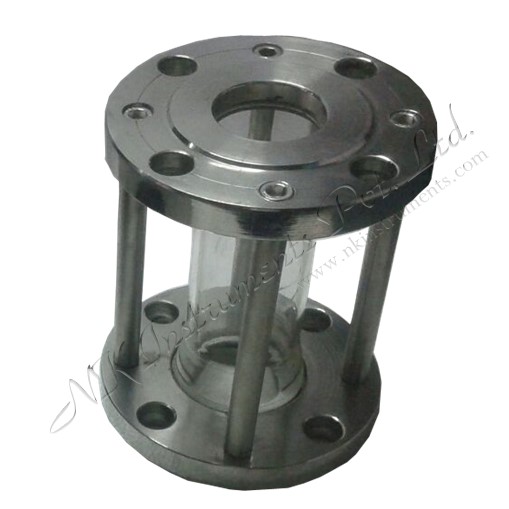DO2 Indicator: A DO2 indicator, also known as a Dissolved Oxygen Indicator or Oxygen Saturation Indicator, measures the dissolved oxygen levels in a solution, typically in water or wastewater treatment processes. What does it measure? DO2 indicators measure: 1. Dissolved Oxygen (DO) levels: The amount of oxygen dissolved in water. 2. Oxygen Saturation: The percentage of dissolved oxygen relative to the maximum possible concentration. Types of DO2 Indicators: 1. Electrochemical sensors 2. Optical sensors (e.g., luminescent or fluorescence-based) 3. Membrane-covered probes Applications: 1. Water treatment plants 2. Wastewater treatment plants 3. Aquaculture and fish farming 4. Industrial processes (e.g., chemical, food, and beverage) 5. Environmental monitoring Importance: Accurate DO2 measurement ensures: 1. Efficient treatment processes 2. Optimal water quality 3. Compliance with regulatory standards 4. Prevention of corrosion and scaling 5. Healthy aquatic ecosystems Common DO2 Indicator Parameters: 1. Measurement range: 0-20 mg/L (milligrams per liter) 2. Accuracy: ±0.1-0.5 mg/L 3. Resolution: 0.01-0.1 mg/L 4. Response time: seconds to minutes Examples of DO2 Indicators: 1. Hach DO200 2. YSI ProDSS 3. Thermo Scientific Orion DO6 4. Mettler Toledo OptiO2 Factors Affecting DO2 Readings: 1. Temperature 2. Pressure 3. Salinity 4. Turbidity 5. Interfering substances (e.g., sulfides, chlorides)
Send Message
